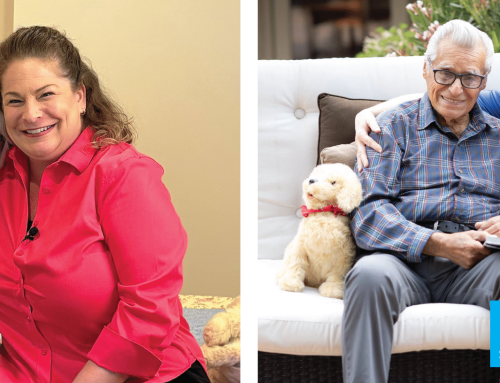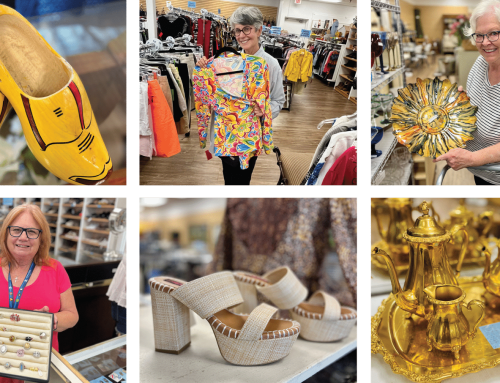Q. What is Dementia?
A. Dementia is the loss of cognitive functioning—thinking, remembering, and reasoning—and behavioral abilities to such an extent that it interferes with a person’s daily life and activities. These functions include memory, language skills, visual perception, problem solving, self-management, and the ability to focus and pay attention. Alzheimer’s disease is the most common cause of dementia in older adults. Other dementias include Lewy body dementia, frontotemporal disorders, and vascular dementia. It is common for people to have mixed dementia—a combination of two or more types of dementia.
Q. What is the difference between Assisted Living and Memory Care?
A. Assisted living is defined as “a long-term care option that combines housing, support services and health care, as needed.” Personal care services in assisted living often also include medication management and transportation, and care is available around the clock. Memory care is a more defined level of care specifically catering to patients with Alzheimer’s disease, dementia and other types of memory problems. Memory care units provide 24-hour supervised and secured care for the residents.
Q. Does my loved one need Memory Care?
A. Often, after being diagnosed, our loved one can continue to live independently for a period of time. Determining factors include safety – are they a danger to themselves or have they wandered off and gotten lost? Is there any verbal or physical agitation or are they “sundowning” – a period of agitated behavior that becomes more pronounced later in the day? When these symptoms start to appear, it may be time to begin the search. Frequently it is one of these that cause a catastrophic event, like a fall and the loved one can’t return home without 24-hour care.
Q. What is a Memory Care Program?
A. Every Memory Care program is unique to the company that creates them. Pacifica Senior Living has developed a program called Legacies. We have six identical cottages with a maximum of 14 residents in each cottage, separated based on levels of cognitive impairment. Large courtyards and walking paths provide residents with the freedom and independence to enjoy Arizona’s amazing climate in a safe and secure environment.
Q. What kind of lifestyle does the community emanate?
A. The lifestyle or the environment is one that allows personalized care and interests above anything else. Memory care communities mold their daily program offerings in order to help keep those with memory-impairment engaged.
Q. How do you keep residents engaged on a daily basis?
A. A plethora of events, activities and social outings make up the robust calendars in Memory Care communities. They are specifically designed to reach residents at the social, mental, physical, spiritual and philosophical levels. Music is one great way to enrich resident’s lives; we know through research that music and memory are connected. Musical favorites tap deep emotional recall. A favorite song can bring joy, ease pain, reduces stress, and can facilitate social connection. For family members, sharing a loved one’s music can enhance visits and deepen relationships that may have seemed lost, especially to dementia.





